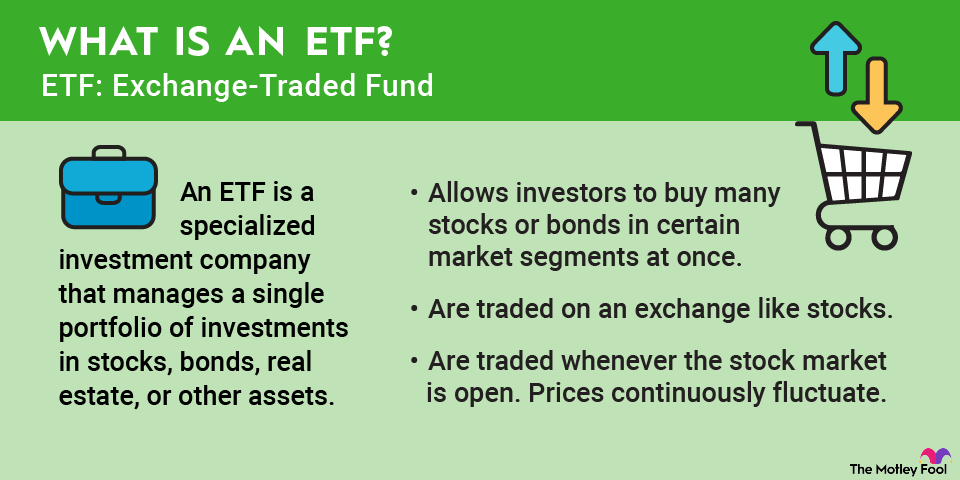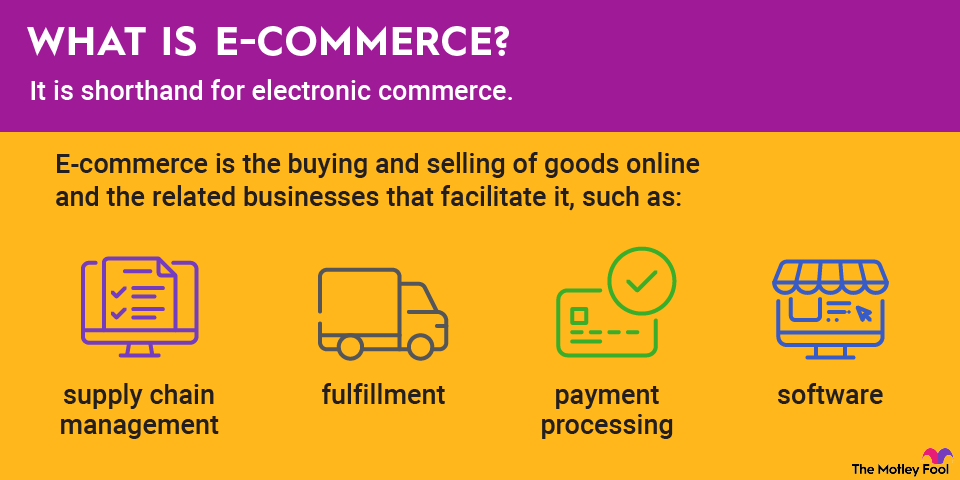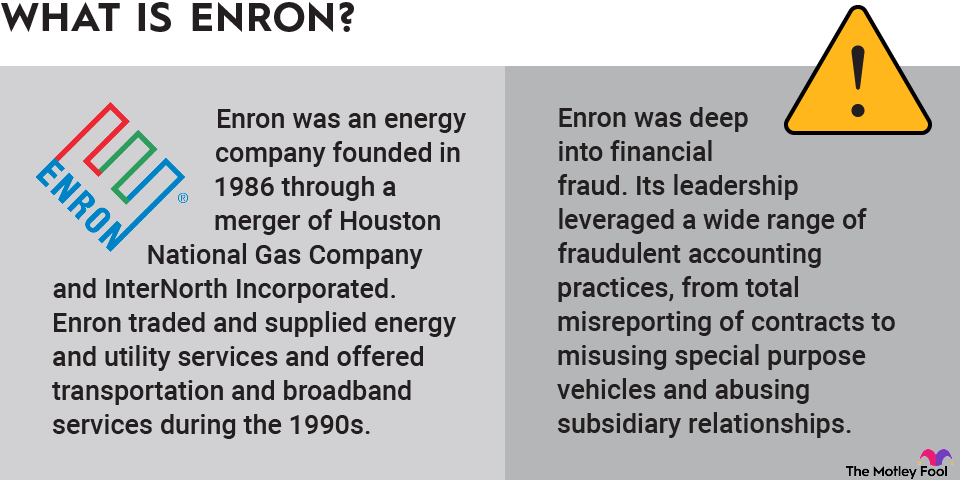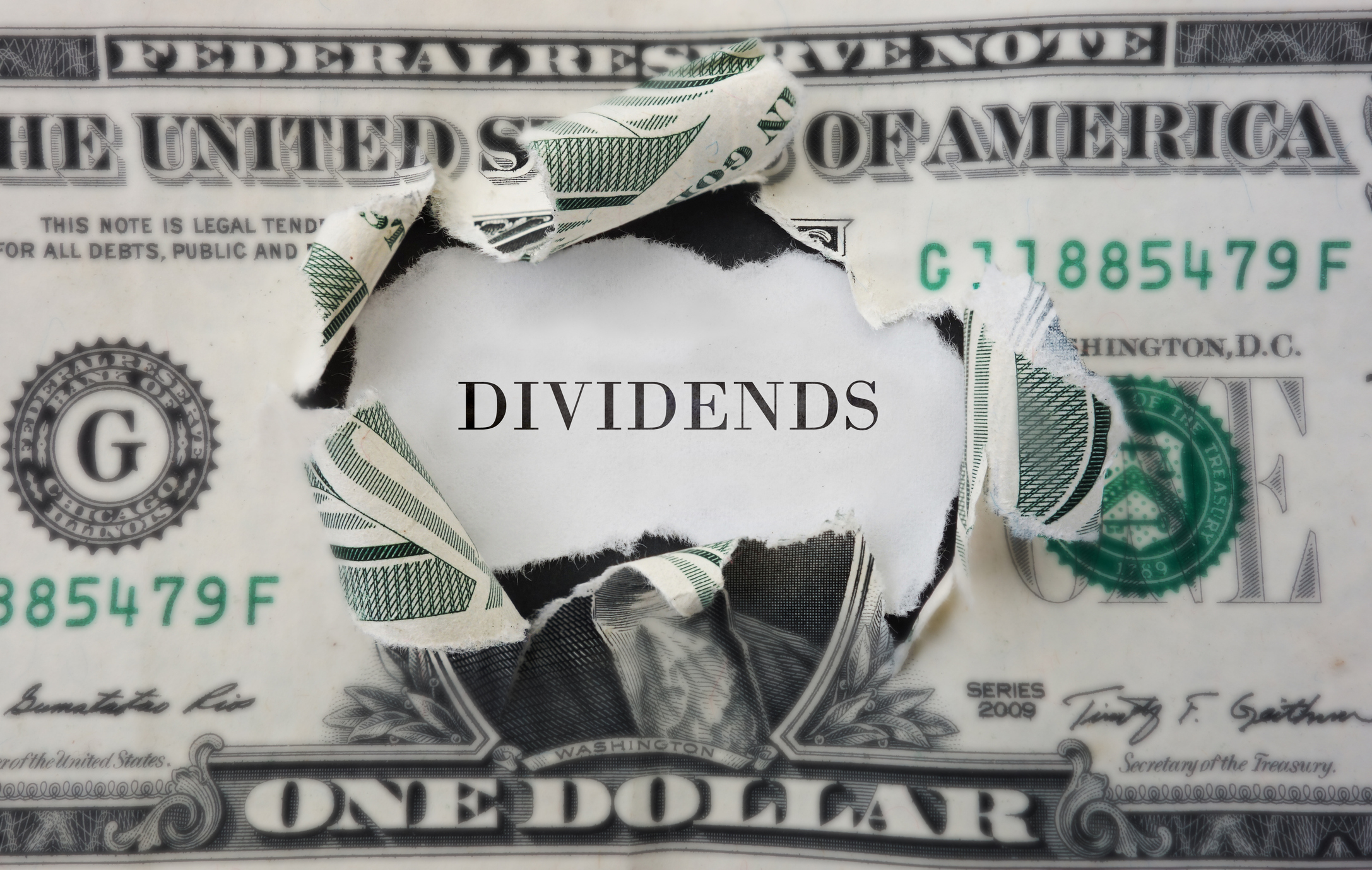Looking at balance sheets and examining stock performance metrics are important when you're choosing investments for the long term. Equity value is one of those metrics that doesn't seem very interesting at first but might mean a lot down the line.

What is equity value?
The equity value of a company is a very simple idea. It refers to how much equity owners and other shareholders hold in the business. This can be in the form of shares or other investments made in the company, including shareholder loans.
Equity value is often confused with market capitalization, but where market capitalization only considers common shareholder equity, equity value includes all unencumbered shareholder investments. For example, you'll also see preferred shares included in equity value calculations.
Equity value versus enterprise value
Enterprise value is a term that's frequently confused with equity value. Where equity value is the value of the owner and shareholders' investment in a company, the enterprise value is the equity value plus all the debts the company owes. Where equity value is essentially about how much equity there is in the company today, enterprise value includes much more information about the company's value and can indicate the direction in which it's going.
You can think of the difference between the two in terms of your own home. If you gave $400,000 for your home, but you have paid down $100,000 of the principal, you have $100,000 in equity, even though your house is worth much more. If you were to sell your home, you'd have to satisfy your home's mortgage and other debts before you could claim the $100,000 in equity.
If a company has $100 million in equity value (equity provided by investments by owners and shareholders) and $400 million in enterprise value, it's the same deal -- the enterprise value includes the debt that's encumbering the business, too, and has to settle that up before being able to cash out.
Why does equity value matter?
Equity value tells a story about how much of the company is actually owned by owners and investors and how much is encumbered by debt and other obligations. Although you can easily look at debt by itself and examine the balance sheet for other obligations, you can also first simply look at equity value to see just how much equity there is by comparison to the enterprise value.
If a company has a lot of equity value compared to its enterprise value for its industry, you might be able to assume that it's pretty responsible, it's not getting in over its head with debt, and it can be counted on long-term. If it has a small amount of equity value and a lot of other obligations, it might be a bit more worrisome. Having a smaller percentage of encumbrance as a business generally means you can move faster, absorb larger unexpected economic blows, and continue to thrive in all kinds of business environments.
Related investing topics
How do you calculate equity value?
Calculating equity value is pretty simple. Some people use market capitalization as a shortcut for equity value, but you must remember that market caps don't include preferred shares or shareholder loans, among other things.
If you want to calculate the equity value of a company, you'll need to first find a few things on your balance sheets:
EV = Enterprise value
DE = Debt and debt equivalents
NI = Non-controlling Interest
PS = Preferred stock
CE = Cash and cash equivalents
The formula then looks like this: Equity Value = EV – DE – NI – PS + CE
You can also use equity value, when known, to calculate the enterprise value. If we call equity value EV2, then you would do that like this:
Enterprise Value = EV2 + DE + PS + NI – CE



















